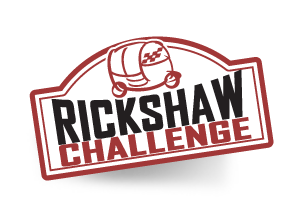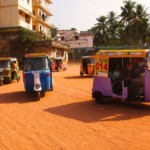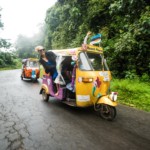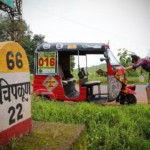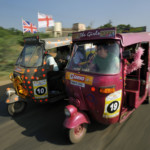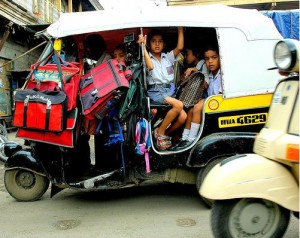 India’ volunteer-led assessment of educational standards, is nicknamed the “rickshaw method”.
India’ volunteer-led assessment of educational standards, is nicknamed the “rickshaw method”.
India aims to ensure that all children in the 6 to 14 age group attend school and receive good education. Enrolment rates are at about 95%, and a new tax has been introduced to pay for universal primary education.
But Rukmini Banerji, director of an NGO, Pratham, discovered disturbing signs that children didn’t seem to benefiting. Children went to school, but what were they actually learning, no one seemed to know.
Since 2005, Pratham has facilitated an innovative exercise for India: that of implementing the Annual Status of Education Report (ASER). This enormous annual task engages citizens to reach over 700,000 children nationwide and assess their learning levels.
ASER is now the largest annual data collection effort with children in India. It is also the only annual source of information regarding learning levels of children in elementary school.
One of the strengths of the Aser programme, explains Banerji, on a visit to London last week, is that it puts information in the hands of citizens and helps engage the whole community in educational issues.
Via: the Guardian
